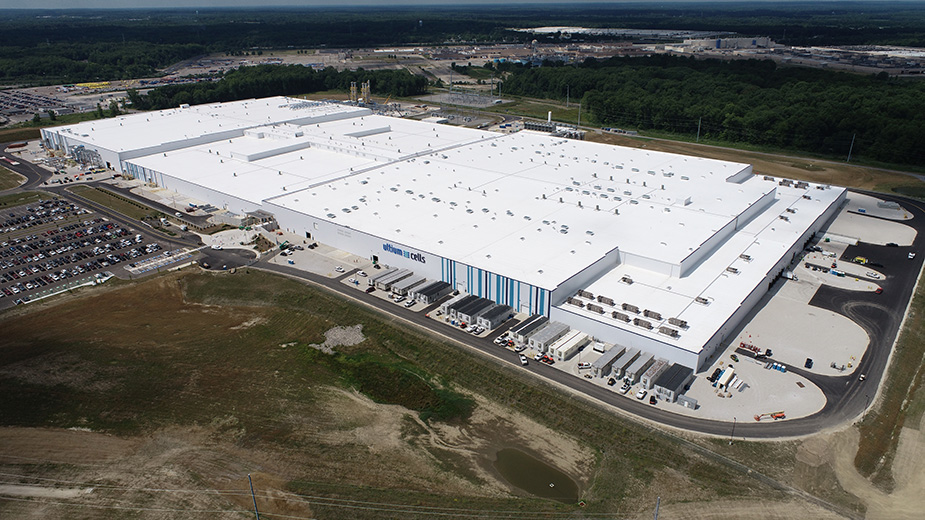LORDSTOWN, Ohio – The acting president of Ultium Cells LLC says the company does “not see a viable legal or practical path to place Ultium Cells-Ohio into the General Motors national agreement” with the United Auto Workers.
Alex Eom, in a letter addressed to U.S. Sen. Sherrod Brown, D-Ohio, explained that Ultium, a joint venture between General Motors and LG Energy Solution, is a separate company and an employer independent of GM and is therefore not included in any national bargaining negotiations.
Instead, Ultium is in negotiations with the UAW in separate collective bargaining talks that have been underway since January.
In December, workers at the Ultium plant in Lordstown voted overwhelmingly to join the United Auto Workers.
On July 27, Brown and two dozen other Democratic U.S. senators issued a letter to the Big Three automakers and their joint venture companies related to electric-vehicle battery production.
During a conference call with local reporters, Brown said it was “insulting” that workers at Ultium’s Lordstown plant were paid between $16 and $17 an hour while automakers were raking in huge profits.
In a response emailed to The Business Journal, Brown dismissed Eom’s response to the letter in which he called on the Big Three automakers to include workers in their EV battery joint ventures in any national collective bargaining agreement.
“This response is just more excuses from a bunch of overpaid, out-of-touch executives. In case they didn’t read my letter the first time, I’ll keep it simple: Fold your workers into the national UAW contract – just like GM, Ford and Stellantis – and pay them what they deserve to be paid,” Brown said.
Eom, in his letter to the senator, said that Ultium is bargaining in good faith with the union.
“A flexible, forward-thinking collective bargaining agreement will allow Ultium Cells to compete in this evolving industry and also can provide a model for the unionization of other U.S. battery cell manufacturing plants,” Eom said.
“Since the [Lordstown] site in Ohio was organized by the UAW in December 2022, we have been negotiating in good faith to raise initial wages.”
Eom added that although the UAW has stated that wages are the top issue in bargaining, “during our six-month collective bargaining process, the UAW has not provided any wage proposals or counterproposals to Ultium Cells.
“In an effort to accelerate our progress to a tentative agreement, Ultium Cells has provided a proposal for a fully comprehensive collective bargaining agreement, including substantial wages and benefits. It is not correct to say that Ultium workers have not been offered more.”
Brown dismissed the argument that Ultium workers in particular are excluded from the national UAW contract because they are employed by a separate joint venture and not just General Motors.
“That’s the excuse GM uses,” Brown said, noting that the automaker selected LG Energy as a partner in Ultium. “There are no excuses in this one. This is a successful workforce in the Valley.”
Ultium’s Eom emphasized that the Lordstown plant marks the first unionized effort in the electric vehicle battery industry and employs 1,700.
The $2.3 billion plant employed more than 2,000 union trade members during its construction phase, he noted.
Eom concluded: “We’re still at the table and look forward to working constructively with the UAW.”
